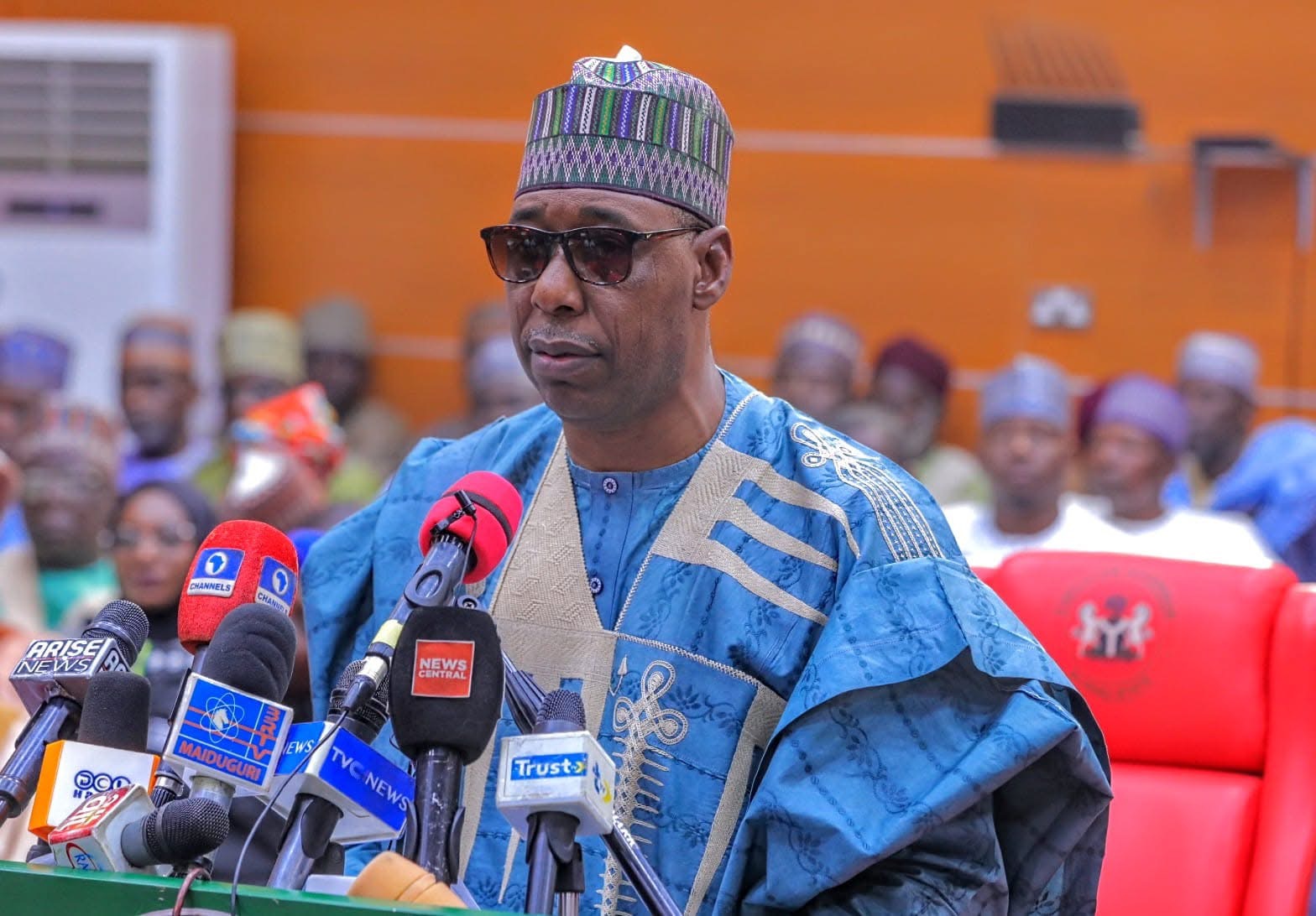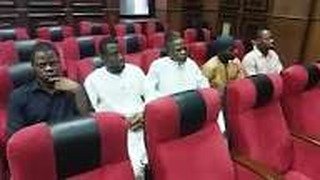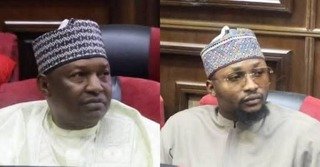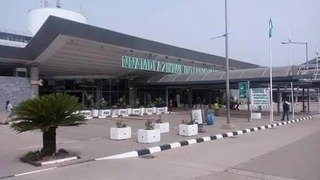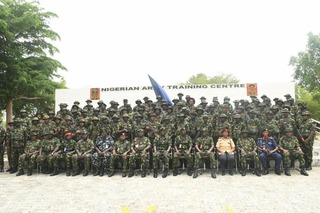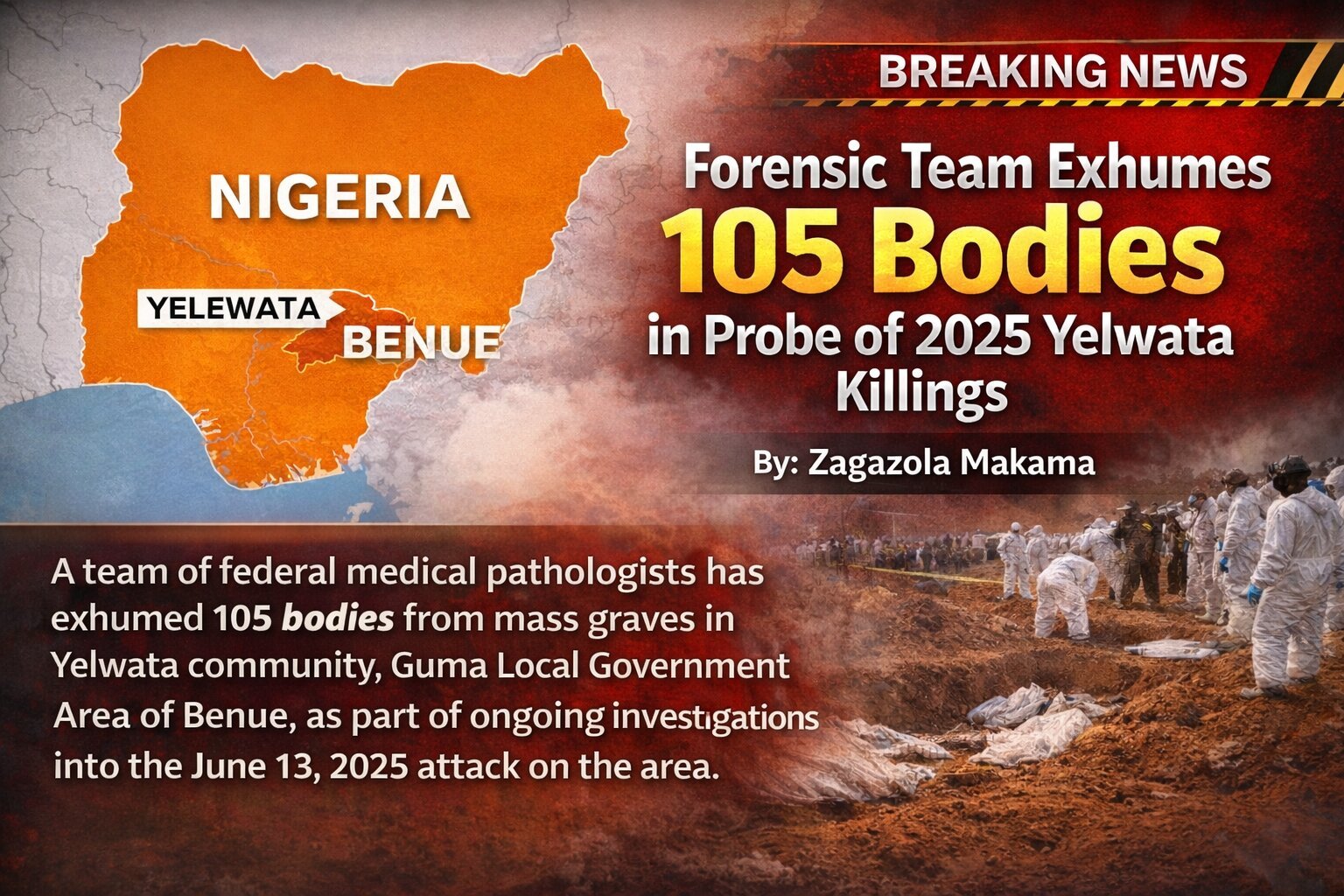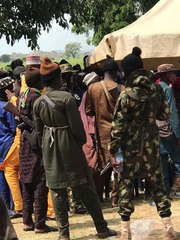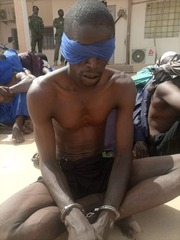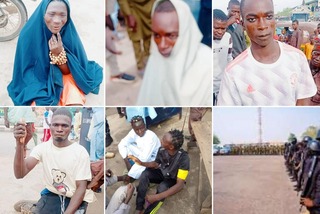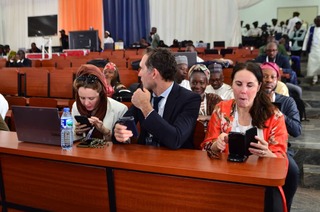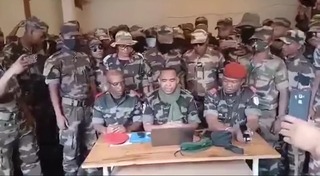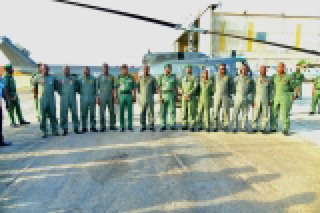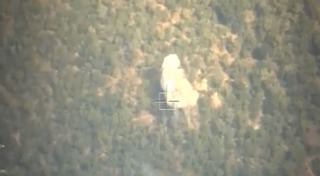Periscoping Borno’s Post-Insurgency Recovery
By Zagazola Makama
In the wake of the decade-long Boko Haram insurgency, the Borno State government, in collaboration with federal authorities and development partners, has initiated robust programs aimed at expediting the peace restoration and recovery process in the war-ravaged region.
The insurgency, which began in 2009, has resulted in the tragic loss of thousands of lives, the displacement of 2.6 million individuals, and the destruction of social and economic structures, leading to a significant humanitarian crisis.
Once a vibrant commercial hub connecting northern Nigeria with neighboring Cameroon, Chad, and Niger Republics, Borno now lies in ruins, grappling with the monumental task of rebuilding in the aftermath of conflict. As the state makes strides in reconstruction, rehabilitation, and resettlement, the ancient city of Maiduguri has faced additional challenges that threaten to undermine these efforts.
The floods of September 9, 2024, which resulted from the failure of spillways at the Alau Dam, inundated Maiduguri and several local government areas, leading to widespread displacement, destruction of farmlands, and damage to critical infrastructure. This disaster exacerbated an already dire humanitarian situation, jeopardizing the peace-building and recovery processes underway in the region.
The response to this calamity has stretched the resources of the state government, which is already under pressure due to limited funding for effective rehabilitation, resettlement, and recovery initiatives. In light of these challenges, Governor Babagana Zulum has called for enhanced collaboration with the World Bank to accelerate the post-conflict recovery process.
During a recent meeting with Dr. Ndiame Diop, the newly appointed Country Director of the World Bank, Governor Zulum emphasized the critical need for support in areas such as education, agriculture, health, and livestock development. He highlighted the state government's increased investments in these sectors as vital components of the recovery program.
The impact of the World Bank’s Multi-Sectoral Crisis Recovery Project (MCRP) has been significant, facilitating the execution of life-saving and transformative projects in Borno. These initiatives include the construction of 104 new schools, the rehabilitation of over 10,000 classrooms, the establishment of healthcare facilities, and the construction of thousands of houses for the resettlement of displaced persons, alongside essential infrastructure like roads and water supply systems.
Moreover, the state has provided fertilizers and agricultural inputs to resettled farmers, cash transfers to vulnerable households, and empowerment programs for youth and women, as well as support for small-scale businesses. Notably, over 160,000 repentant insurgents and their families have surrendered to the authorities under the Borno Model for Peace, Resettlement, and Recovery program, highlighting a significant step toward reintegration.
To facilitate an effective recovery process, Governor Zulum has stressed the importance of environmental sustainability, particularly in reclaiming the Sambisa Forest, which has been heavily impacted by insurgent activities and flooding.
In a recent address at the United Nations High-Level Segment Roundtable on the Environment in New York, Zulum underscored the urgent need for international support to restore this vital ecosystem, which is crucial for the social and economic survival of not only Borno but also northern Nigeria and its neighboring countries.
Zulum’s focus on Sambisa Forest reflects a strategic understanding of its importance for economic development, peace restoration, and the dignified resettlement of displaced persons. The governor's advocacy for environmental restoration aligns with broader goals to improve biodiversity, protect ecosystems, and mitigate the adverse effects of climate change.
Dr. Diop has pledged continued partnership with Borno State, commending its performance in implementing MCRP projects. He noted that Borno is leading the way in the execution of these initiatives across Nigeria and emphasized the bank's commitment to supporting efforts to reduce the malaria burden and strengthen the livestock sector, which contributes significantly to the region's economy.
Environmentalists, such as Mr. Aminu Ibrahim, have echoed the urgent need for interventions to protect forest resources and preserve ecosystems, recognizing their critical role in the recovery process. Ibrahim praised the governor's proactive approach to addressing these issues, highlighting the strategic importance of the Sambisa Forest for the environment and the livelihoods of northern Nigeria's residents.
In a bold move to further the recovery agenda, the Borno State Government has presented its proposed budget for the fiscal year 2025, titled the “Budget of Recovery and Continuity.” With a total allocation of ₦528.19 billion, this budget aims to restore and strengthen the state’s infrastructure, economy, and social services in the wake of years of insurgency and flood damage.
The 2025 budget is divided into two main categories: ₦323.47 billion for capital expenditure and ₦204.71 billion for recurrent expenditure. Funding will come from recurrent revenue, including ₦249.42 billion from the Federation Account and ₦30.
Zagazola Makama, is a Counter Insurgency Expert and Security Analyst in the Lake Chad Region

